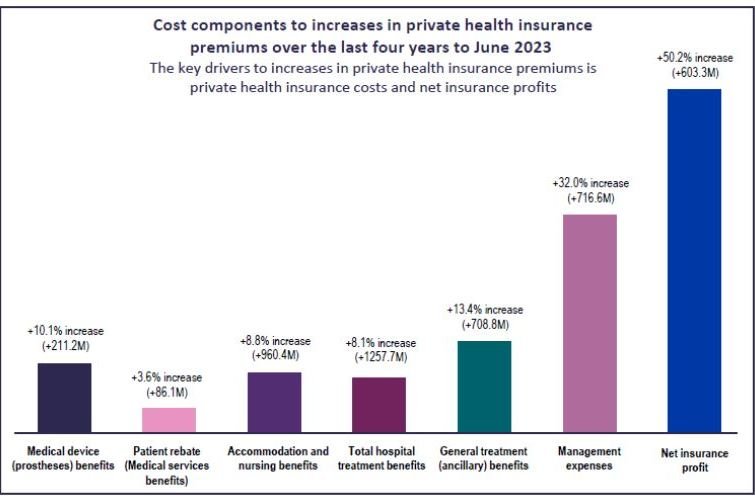AstraZeneca and Daiichi Sankyo’s Enhertu (trastuzumab deruxtecan) has been recommended for approval in the European Union (EU) as a monotherapy for the treatment of adult patients with unresectable or metastatic HER2-positive breast cancer who have received one or more prior anti-HER2-based regimens.
Enhertu is a specifically engineered HER2-directed antibody drug conjugate (ADC) being jointly developed and commercialised by AstraZeneca and Daiichi Sankyo.
The Committee for Medicinal Products for Human Use (CHMP) of the European Medicines Agency (EMA) based its positive opinion on results from the DESTINY-Breast03 Phase III trial, which were published in The New England Journal of Medicine.1 In the trial, Enhertu reduced the risk of disease progression or death by 72% versus trastuzumab emtansine (T-DM1) (hazard ratio [HR] 0.28; 95% confidence interval [CI]: 0.22-0.37; p
In Europe, more than 530,000 cases of breast cancer are diagnosed annually.2 Approximately one in five cases of breast cancer are considered HER2-positive.3 Despite initial treatment with trastuzumab, pertuzumab and a taxane, patients with HER2-positive metastatic breast cancer will often experience disease progression.4,5 More treatment options are needed to further delay progression and extend survival.4,6,7
Susan Galbraith, Executive Vice President, Oncology R&D, AstraZeneca, said: “This recommendation reflects the transformative progression-free survival benefit seen in the DESTINY-Breast03 trial compared to T-DM1, supporting Enhertu as a potential new standard of care and setting a new benchmark in the treatment of HER2-positive metastatic breast cancer. If approved by the European Commission, patients in Europe may be able to benefit from this important medicine earlier in the treatment of their disease, improving their chance for better outcomes.”
Gilles Gallant, Senior Vice President, Global Head, Oncology Development, Oncology R&D, Daiichi Sankyo, said: “Today’s CHMP opinion provides further validation of the significance of the DESTINY-Breast03 trial results, which for the first time showed superiority of Enhertu in prolonging progression-free survival in patients previously treated for HER2-positive metastatic breast cancer as compared to another HER2-directed ADC. This positive CHMP opinion is an important step forward in bringing this potentially practice-changing medicine to patients in Europe to use earlier in the treatment of HER2-positive metastatic breast cancer and builds on the recent approval of Enhertu in the US.”
The recommendation will now be reviewed by the European Commission, which has the authority to grant marketing authorisations for medicines in the EU.
Enhertu is being further assessed in a comprehensive clinical development programme evaluating efficacy and safety across multiple HER2-targetable cancers, including breast, gastric, lung and colorectal cancers.
Notes
HER2-positive breast cancer
Breast cancer is the most common cancer and is one of the leading causes of cancer-related deaths worldwide.8 More than two million cases of breast cancer were diagnosed in 2020, with nearly 685,000 deaths globally.8 In Europe, more than 530,000 cases of breast cancer are diagnosed annually.2 Approximately one in five cases of breast cancer are considered HER2-positive.3
HER2 is a tyrosine kinase receptor, growth-promoting protein expressed on the surface of many types of tumours including breast, gastric, lung and colorectal cancers.9 HER2 protein overexpression may occur as a result of HER2 gene amplification and is often associated with aggressive disease and poor prognosis in breast cancer.10
Despite initial treatment with trastuzumab, pertuzumab and a taxane, patients with HER2-positive metastatic breast cancer will often experience disease progression.4.5 More treatment options are needed to further delay progression and extend survival.4,6,7
DESTINY-Breast03
DESTINY-Breast03 is a global, head-to-head, randomised, open-label, registrational Phase III trial evaluating the efficacy and safety of Enhertu (5.4 mg/kg) versus T-DM1 in patients with HER2-positive unresectable and/or metastatic breast cancer previously treated with trastuzumab and a taxane.
The primary efficacy endpoint of DESTINY-Breast03 is progression-free survival (PFS) based on blinded independent central review. Secondary efficacy endpoints include overall survival, objective response rate, duration of response, PFS based on investigator assessment and safety.
DESTINY-Breast03 enrolled 524 patients at multiple sites in Asia, Europe, North America, Oceania and South America. Results from DESTINY-Breast03 have been published in The New England Journal of Medicine.1








